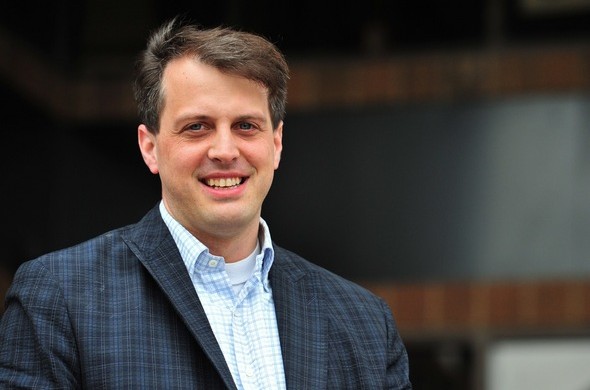In April of 2013, Representative Jeff Irwin introduced House Bill 4623 that would decriminalize the use and possession of up to one ounce of marijuana for all adult residents of Michigan. The bill was introduced in the wake of other decriminalization initiatives which passed in the cities of Detroit, Grand Rapids, Kalamazoo, Flint, and Ypsilanti. Representative Irwin, along with the majority of Americans, cites numerous studies showing that prohibition is not working, and that arresting, prosecuting, and incarcerating marijuana offenders comes at a huge cost to American tax payers.
Irwin believes that there is also a philosophical reason to decriminalize marijuana for adults, saying that, “America is a free country, individuals making personal lifestyle choices, if they are engaging in activities that are harming no one but themselves, that should be allowed.”
THE PROPOSAL
The punishment for possessing up to an ounce of marijuana would be a civil infraction and a fine, rather than the prospect of prison. First offenders would be fined $25, second offenders $50, with the cap of a $100 fine for individuals with three or more offenses. Michigan alone spends $325 million a year arresting, prosecuting, and incarcerating marijuana offenders, yet Marijuana is more readily available today than ever. By fining an individual, the state avoids these costs, and has a system in place to make a few easy bucks.
OVER ZEALOUS LAW ENFORCEMENT.
Coupled with the waste of money, and the philosophical debate on what freedom really stands for in America, we must think about the cost to the individual who uses marijuana in today’s prohibition society. Derek Cop was one such individual. When Derek was 20 years old, he was a student at Grand Valley State University. Derek sold small amounts of Marijuana from his apartment, and the police knew about this after several months of surveillance. One night, 12 officers stormed the apartment and shot Derek in the chest, leaving him in critical care. When he was loaded into the ambulance, an officer accompanied him to ensure that Derek, with a bullet hole in his chest, didn’t try anything. When he arrived at the hospital, an officer was in his room to greet him. Derek’s parents were unaware of what had happened to their son until they got a call at 2 AM from Derek, who explained that he had been shot by the police for selling marijuana. Derek laid in bed fearing that he would either die or go to prison.
MICHIGAN SHOULD JOIN THE MOVEMENT
What Representative Irwin has proposed is nothing radical; already, 16 states have passed decriminalization either through legislative action or ballot initiatives. These states include:
1) Alaska
2) California
3) Colorado
4) Connecticut
5) Maine
6) Massachusetts
7) Minnesota
8) Mississippi
9) Nebraska
10) Nevada
11) New York
12) Ohio
13) Oregon
14) Washington
15) North Carolina
16) Rhode Island
It has been repeatedly shown that voters are overwhelmingly in support of decriminalization.
A BIPARTISAN EFFORT
Republican Mike Shirkey agrees with Representative Irwin that it is “The right time to have this in Michigan.” The data is clear that prohibition efforts waste a lot of money, energy, resources to accomplish something that has completely, utterly failed. Shirkey believes that Government should protect people’s freedoms. In Shirkey’s eyes, the best government by and large, is a smaller less restraining government.
Further, keeping marijuana illegal has created a cash crop for the black market and violent, organized crime. Prohibition of alcohol in the 1930’s showed us what happens when you push a substance so popular with the public into the unregulated criminal world. Gang violence, organized crime, and murder rates soared as a result of prohibition. History has shown us that regulation, not prohibition, is the best way to deal with substances like alcohol and marijuana. It is high time that we decriminalized marijuana for adults in Michigan.











